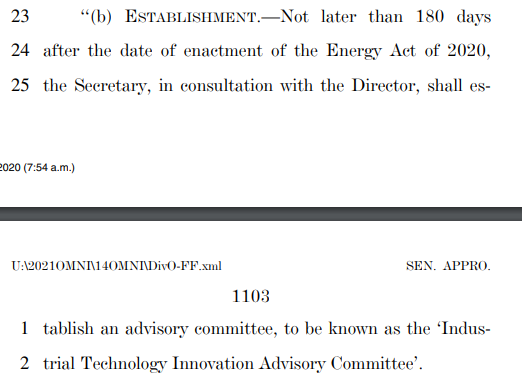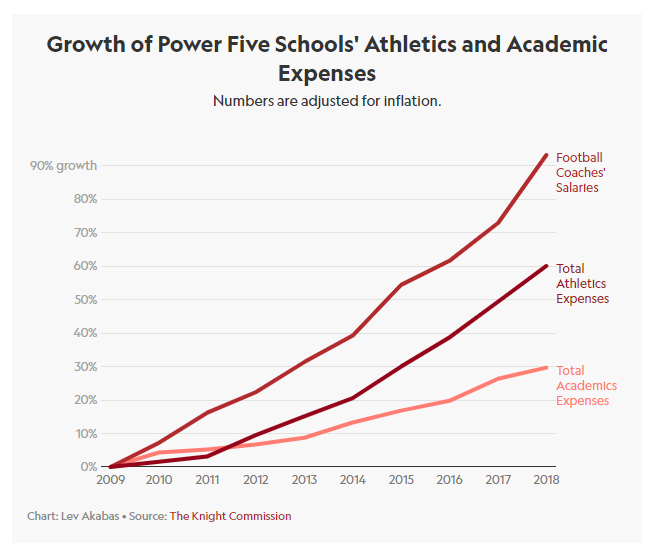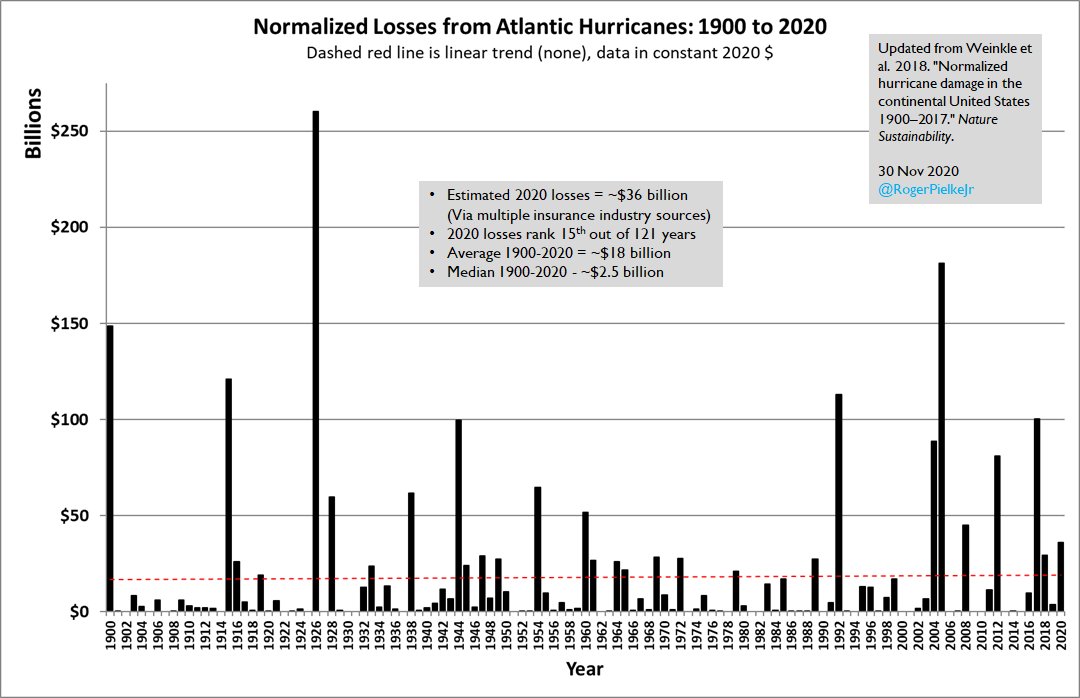
An evaluation of science advice in the pandemic (thus far) via @instituteforgov cc: @EScAPE_Covid19
Science advice in a crisis instituteforgovernment.org.uk/publications/s…
Science advice in a crisis instituteforgovernment.org.uk/publications/s…
The @instituteforgov offers 3 main recommendations
1-Integrate science advice with other forms of advice
Me-Honestly, we would all be better off if we just started using the phrase "expert advice" rather than "science advice" (2021 goals!)
1-Integrate science advice with other forms of advice
Me-Honestly, we would all be better off if we just started using the phrase "expert advice" rather than "science advice" (2021 goals!)

2- Gov't needs to better explain trade-offs
Me- This points clearly to the need for expert advisors to offer decision alternatives, with judgments of expected costs & benefits of alternative courses of action as well as the bases for those judgments, uncertainties, trade-offs.
Me- This points clearly to the need for expert advisors to offer decision alternatives, with judgments of expected costs & benefits of alternative courses of action as well as the bases for those judgments, uncertainties, trade-offs.

3-Gov't must improve its communication
Me- Well yes
But communication will be vastly improved if roles of expert advisors are formalized & agreed. Wonky, but terms of reference matter for shared expectations for advisors. Can't communicate well under ambiguity on advice.
Me- Well yes
But communication will be vastly improved if roles of expert advisors are formalized & agreed. Wonky, but terms of reference matter for shared expectations for advisors. Can't communicate well under ambiguity on advice.

• • •
Missing some Tweet in this thread? You can try to
force a refresh














